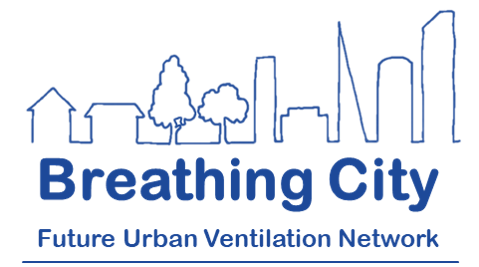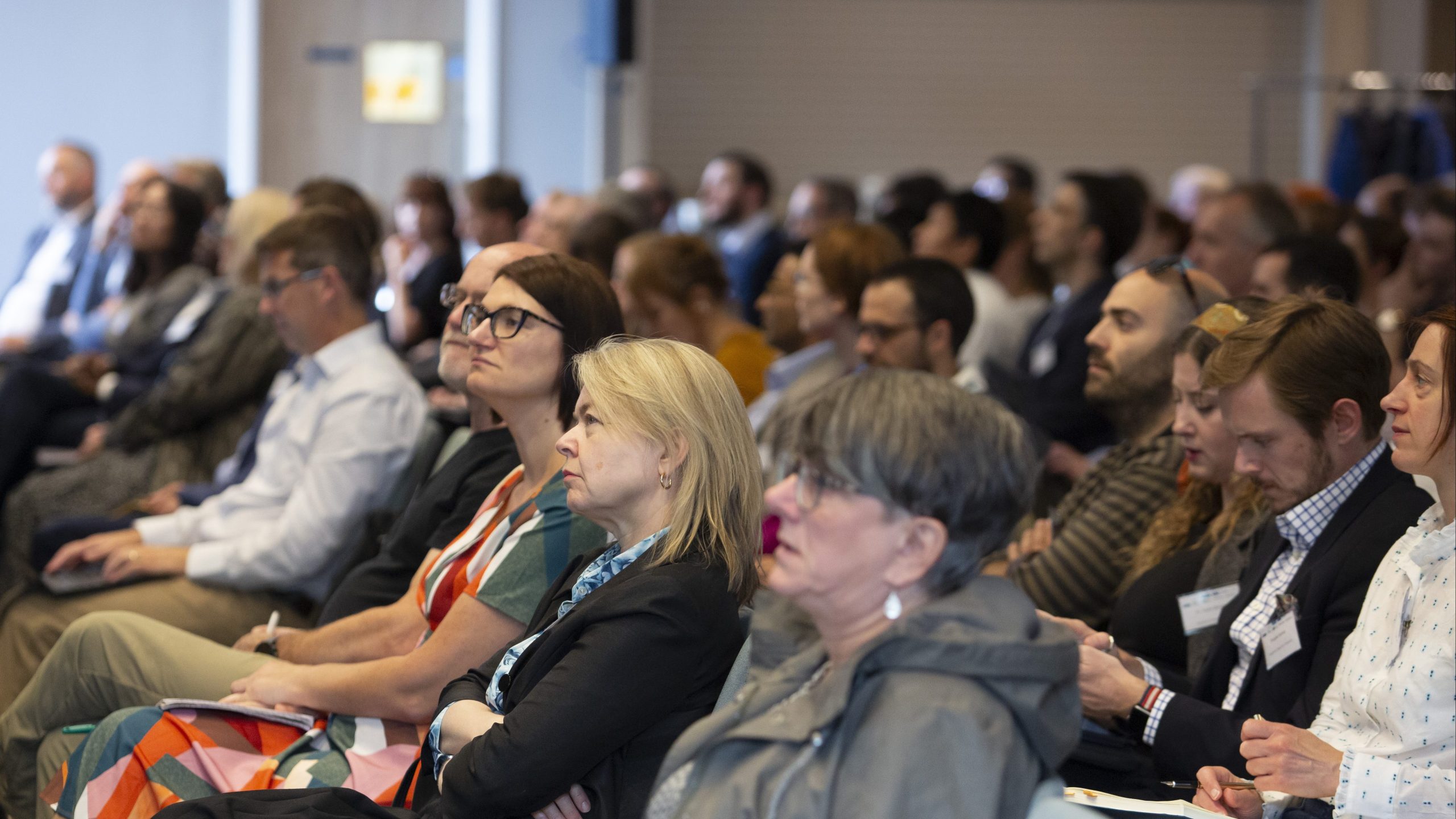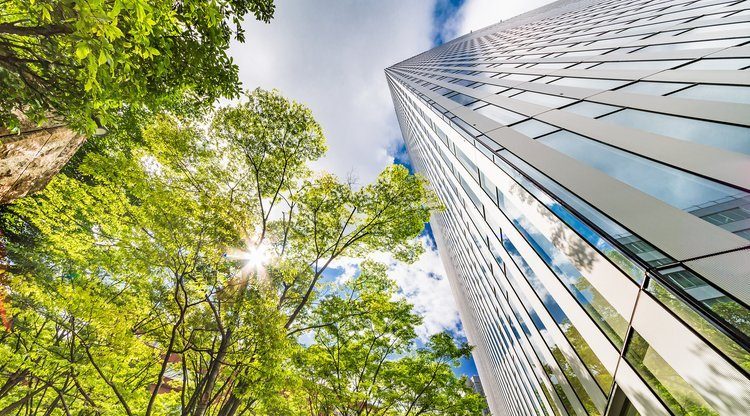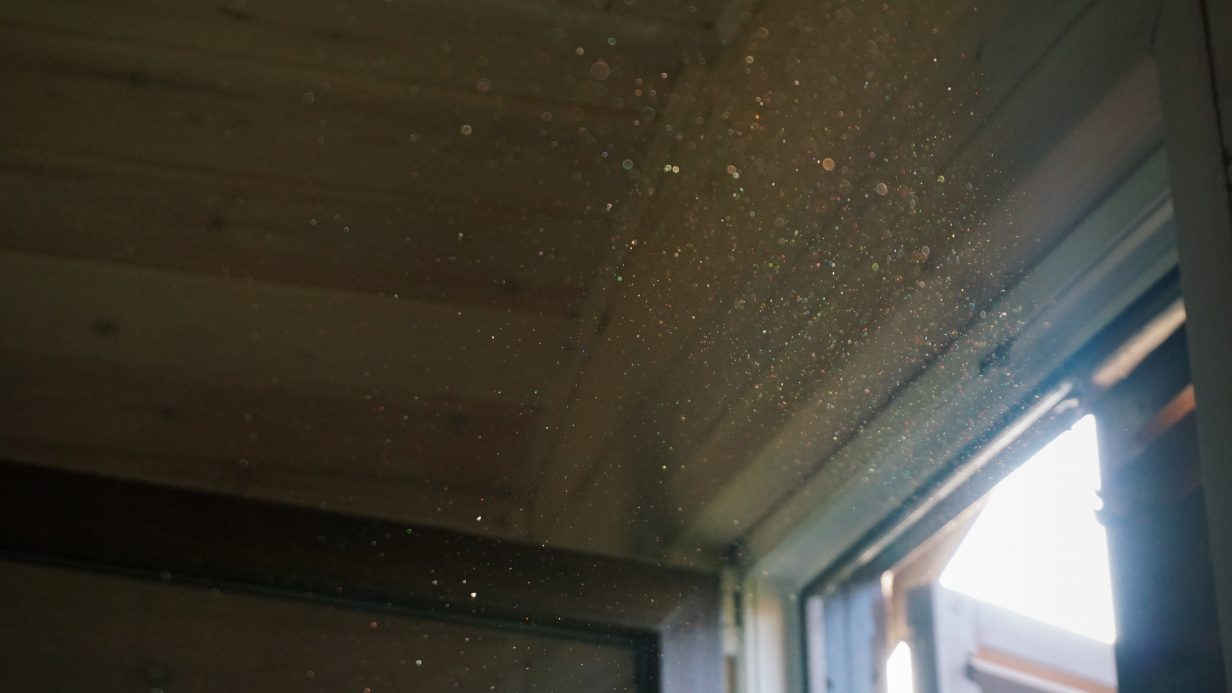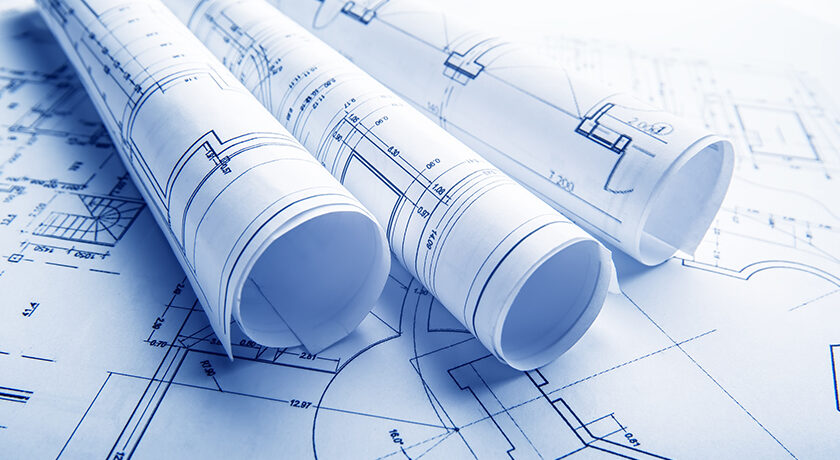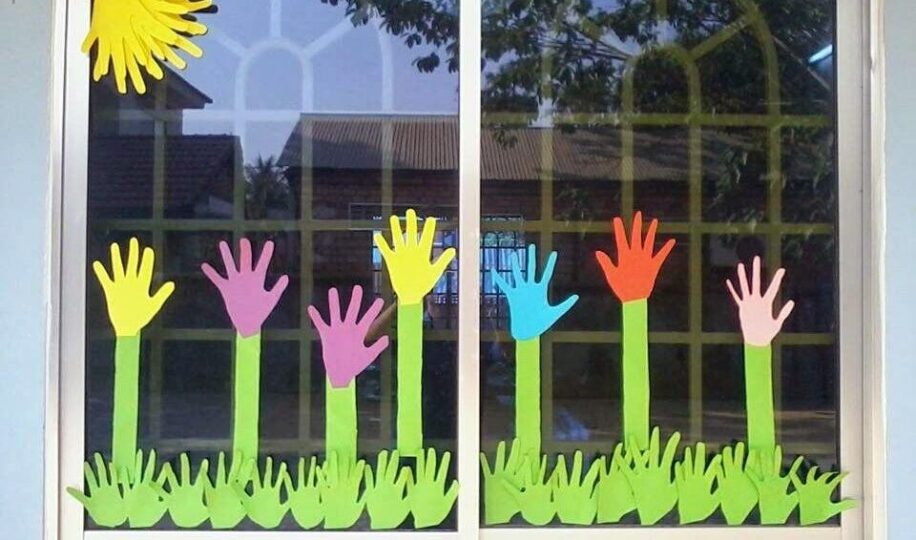Health Effects of Building Ventilation Workshop
On Monday July 17 2023 our theme 2 leads, Henry Burridge and Abigail Hathway, hosted a workshop titled ‘Health Effects of Building Ventilation’ in Westminster, London. The workshop brought together building and ventilation engineers, epidemiologists, clinicians, toxicologists, public health professionals and built environment experts to identify and develop ideas and solutions that will make a difference to indoor air quality and health outcomes. Professor Sir Stephen Holgate set the scene for the workshop highlighting the wide variety of expertise and skills in the air quality community, celebrating the involvement of young people, early career researchers and professionals in the air quality movement. The air quality community is embracing the challenge ensuring climate factors feed into holistic solutions, as well as the consideration of vulnerable groups and equality. To further set the scene, the participants were asked “what’s new in the indoor air and ventilation world?“. It was widely agreed that indoor…
Government inquiry into heat resilience and sustainable cooling – including ventilation
The Environmental Audit Committee is undertaking a short inquiry into Heat resilience and sustainable cooling. It will look at the relationship between heat and health; examine the adequacy of current Government policies in relation to current and future need for cooling; and consider what measures could be taken to increase adaptation and resilience to rising temperatures. It is seeking written evidence to inform its inquiry and will hold an oral evidence session in order to form an initial view of the issues. The health impacts of higher temperatures are being realised, particularly in urban areas. The increased use of air conditioning is putting pressure on electricity demand, leading to higher energy consumption, higher CO2 emissions, and higher use of refrigerant gases with global warming potentials much higher than CO2. Together, this is expected to increase temperatures yet further. There are less energy-intensive alternatives to AC use; for example, passive and low-energy…
First WHO Europe Indoor Air Conference
The COVID-19 pandemic demonstrated the importance of ventilation to mitigate the transmission of respiratory disease.On 20th September, in Bern Switzerland, and online, The World Health Organisation are hosting a conference to bring together the best experts of indoor air pollution. Objective The conference will make a case for why we need to monitor and improve indoor air in public buildings, including: Speakers include Breathing City lead, Catherine Noakes, David Vernez, Pawel Wargocki, Corinne Mandin, Hossein Gorji, Antoine Flahault, Hans Kluge, Roger Waeber, Jelle Laverge, Claude-Alain Roulet, Kimberly Prather, Kamran Abbasi, Martin Bäumle, Esther Friedli, and Gabriela Suter
Clean Air Networks meet for the first time in Birmingham
On 5-6 July over 200 air quality researchers, policy makers, industry partners and civic sector groups who work across the atmospheric, health, social and building science disciplines met at the University of Birmingham. The 2023 Clean Air Networks Conference hosted by seven networks funded under the UK Clean Air Strategic Priority Fund, the Science and Technology Facilities Council (STFC) Air Quality Network and the UKRI Clean Air Champions. Over the two days, delegates exchanged findings from the networks’ wide-ranging activities and cross-cutting themes, and identified the next steps for both indoor and outdoor air quality research and policy. In addition to the fascinating talks and fruitful guided discussions, there were plenty of opportunities for networking ensuring existing connections were strengthened and exciting new links were formed! After a warm welcome to the University from Professor Adam Tickell, Vice Chancellor at the University of Birmingham, Professor Roy Harrison opened the conference…
Partner event highlight: RECLAIM Network Plus
11 September 2023, 10am – 4pm RECLAIM Network Plus are hosting a conference taking place at the University of Surrey. The event will provide an opportunity to network with city officials, people from business and industry, NGO’s and academics from right across the globe who have a passion for making communities greener, more resilient and prosperous. It will also showcase research undertaken so far across the network. Please visit the event website to view the exciting agenda for the day. RECLAIM (Reclaiming Forgotten Cities – Turning cities from vulnerable spaces to healthy spaces for people) is a £1.2m EPSRC-funded Network Plus grant. It is led by the University of Surrey’s Global Centre for Clean Air Research (GCARE) in collaboration with the UK Centre for Ecology & Hydrology, Universities of Bath, Bangor and Warwick. RECLAIM Network Plus is a ‘one-stop-shop’ for towns and cities to find the information and support you need…
EAC inquiry on air quality: written evidence published
The Environmental Audit Committee is undertaking a short inquiry to establish the adequacy of current measures to promote indoor and outdoor air quality, and assess whether air quality targets are sufficient for protecting public health and the environment. 71 pieces of written evidence have been submitted and published. The Future Urban Ventilation Network, as well as our partner networks in the NERC-funded Clean Air Strategic Priorities Fund, submitted written evidence, along with other partners and stakeholders. You can see the full list of submitted written evidence here. Multiple submissions highlighted the need for more indoor air quality monitoring, and discussed the importance of a whole-systems approach which brings together air quality scientists, health experts and the built environment sector. Oral evidence is currently being gathered. You can see the latest list of oral evidence transcripts here. The Environmental Audit Committee’s remit is to consider the extent to which the policies…
Research briefing being prepared on indoor air quality
The Parliamentary Office for Science and Technology (POST) is working on a new POSTnote on indoor air quality. Indoor air quality can be affected by a range of factors, including infiltrations from outdoor pollution, and emissions from combustion appliances (such as stoves) and consumer products. Pollutants are often more concentrated indoors, due to reduced circulation, and exacerbated by mould and damp. Poor indoor air quality can have adverse effects on health, such as increased risk of heart disease, stroke and respiratory infections. This briefing will identify contributors to improved and compromised indoor air quality, and subsequent effects on health. The note will identify groups that are at increased risk of ill-health due to indoor air quality and outline wider impacts on the NHS. It will review existing guidelines for indoor air quality, with reference to potential gaps in evidence and legislation. POST produces impartial, non-partisan, and peer-reviewed briefings, designed to…
Competition winners announced!
Two of the grand challenges faced by architects and engineers this decade is in designing buildings and technology solutions that create healthy indoor environments and meet net zero targets. This competition invited applicants to propose an innovative building design or technology solution that addresses these two challenges together. We had a range of fantastic entries and our expert judging panel narrowed it down to 2 individual submission winners and 3 group submission winners: Individual 1st place – Hasan Shwaish – Façade and Natural Ventilation Solution for a Basement Event Space 2nd place – Marco Antonio Paz Garcia – G2G Social Housing – (from) Granite to Green Groups 1st place – Oliver Millar, Matteo Conti, Martha Day, Jade Low. – Architectural and Environmental Design of Colechurch House, London SE1 2nd place – Will Eliot and Sebastian Tam. – HygroWall 3rd place – Jinal Shah, Tristan Hall, Sophie Elliott, Thomas Stringer, Ken…
University of Birmingham job opportunities: 4 new positions – climate mitigation policies, air quality and health
The School of Geography Earth and Environmental Sciences at the University of Birmingham is seeking to fill four positions in “Climate Mitigation Policies, Air Quality and Health” (Starting October 2023): 2 year Research Fellow: Emission Inventory This 2-year research fellow will develop greenhouse gas (GHG) and air pollutant emission inventories for the West Midlands region using local activity data. The post-holder will also be required to apply inversion modelling to estimate CO2 and air pollutant emissions based on observations. Future emissions will be simulated by considering policy interventions on top of the existing SSP scenarios. https://www.jobs.ac.uk/job/DAE231/research-fellow-1-heal-nz 3 year Research Fellow – Air Quality Observations and Data Science This 3-year post will collect real-world air quality and greenhouse gas observational data to evaluate the efficacy and cost-effectiveness of climate mitigation actions in the West Midlands to support policy decisions. https://www.jobs.ac.uk/job/DAE238/research-fellow-2-heal-nz 3 year Impact Research Fellow – Net Zero and Air Quality …
Opportunity for pupils to investigate their classroom air quality!
We’re delighted to announce the official launch of SAMHE! Starting the week of 24th April, the SAMHE project will be inviting UK schools to register as a SAMHE school. Schools will receive a free air quality monitor linked to an interactive Web App. SAMHE (pronounced ‘Sammy’!) stands for Schools’ Air quality Monitoring for Health and Education. It is an exciting new citizen science project which brings together scientists, pupils and teachers across the UK. Poor air quality impacts pupils’ health and attention levels, so it is important it is monitored and understood. The SAMHE monitor measures carbon dioxide (CO2), total volatile organic compounds (TVOCs), particulate matter (PM), temperature and relative humidity. Through the SAMHE Web App, teachers and pupils can view the data in a range of interactive charts and graphical formats, and see how air quality changes over the course of hours, days or weeks and months. The App…
